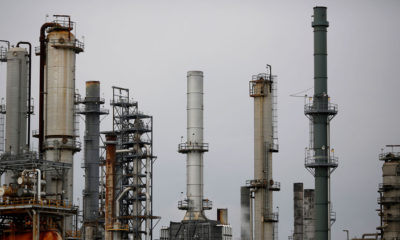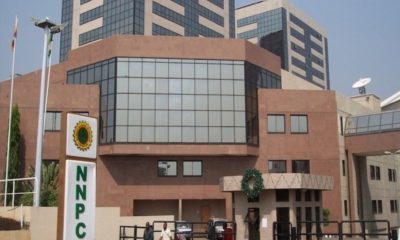Investment
Crude Supply Concerns Stall Nigeria’s Modular Refinery Construction Projects
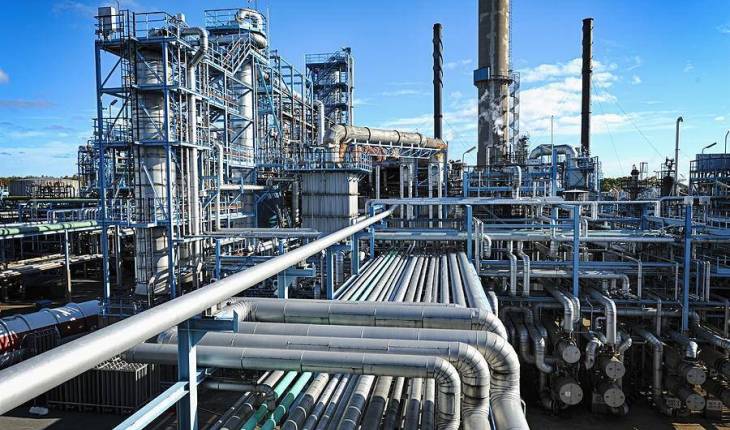
Investment
Contractor Speaks About Completion Timeline For Port Harcourt Refinery
Investment
ExxonMobil Proposes $10bn Investment in Deep-Water Oil Operations in Nigeria
Investment
Vice President Shettima Calls on Global Investors to Trust Nigeria’s Economic Reforms at UNGA
-

 Naira4 days ago
Naira4 days agoDollar to Naira Black Market Exchange Rate Today 24th, September 2024
-

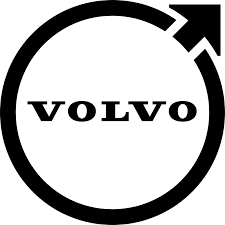

 Company News4 weeks ago
Company News4 weeks agoVolvo to Launch Electric Truck With 600 km Range
-

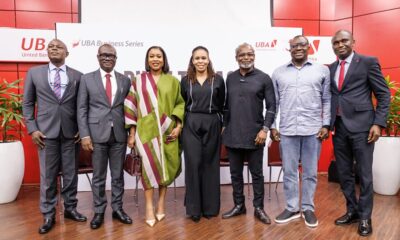

 Business4 weeks ago
Business4 weeks agoUBA Business Series: Experts Site Innovation, Persistence, Regular Assessments, Key for Lasting Businesses
-
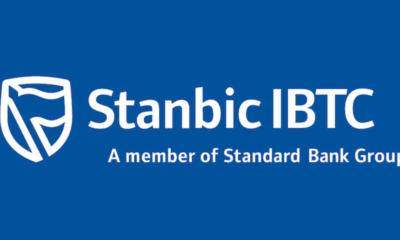
 Dividends3 weeks ago
Dividends3 weeks agoStanbic IBTC to Pay N25.913 Billion in Interim Dividend for H1 2024
-

 Economy4 weeks ago
Economy4 weeks agoNigeria to Raise VAT to 10% Amid Revenue Crisis, Says Fiscal Policy Chairman
-
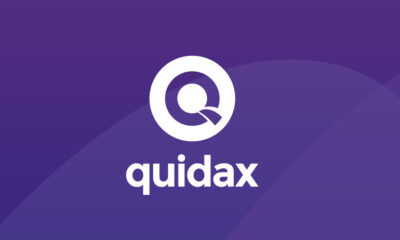
 Cryptocurrency4 weeks ago
Cryptocurrency4 weeks agoBusha Digital and Quidax Receive SEC Nod to Launch Crypto Platforms in Nigeria
-

 Banking Sector4 weeks ago
Banking Sector4 weeks agoZenith Bank Maintains Leading Position in Profitability as PBT Soars to N727 Billion in H1 2024
-

 Nigerian Exchange Limited3 weeks ago
Nigerian Exchange Limited3 weeks agoNigerian Exchange Recovers from Early Week Losses, Market Value Hits N55.6 Trillion


